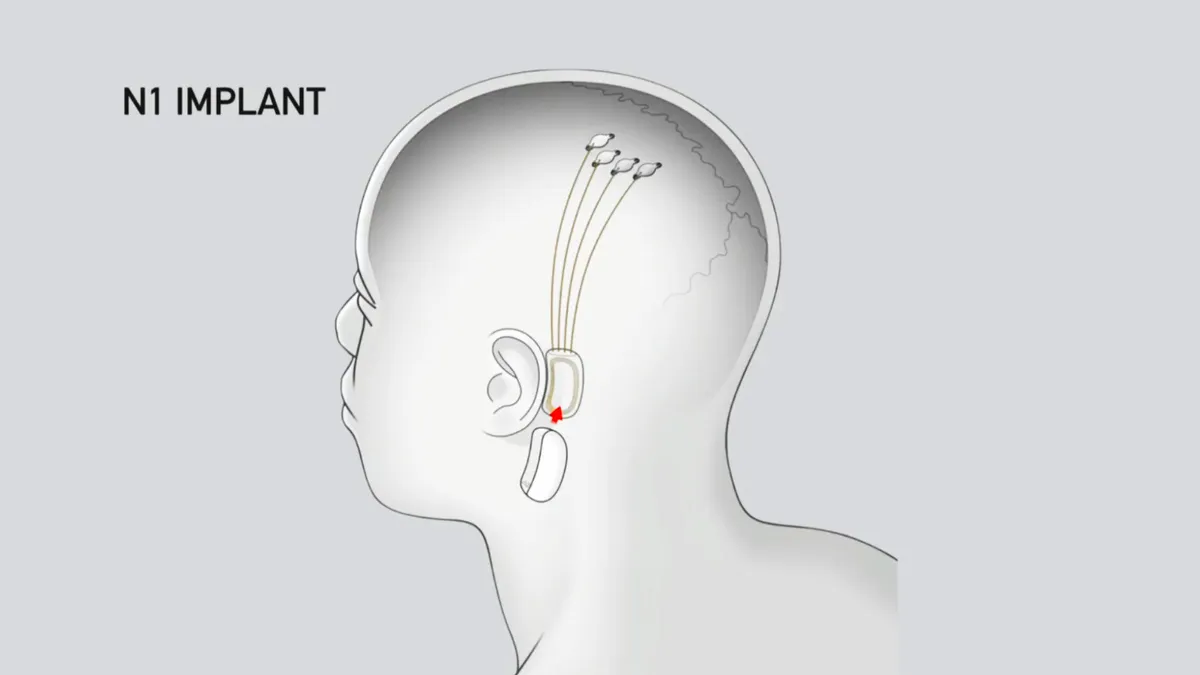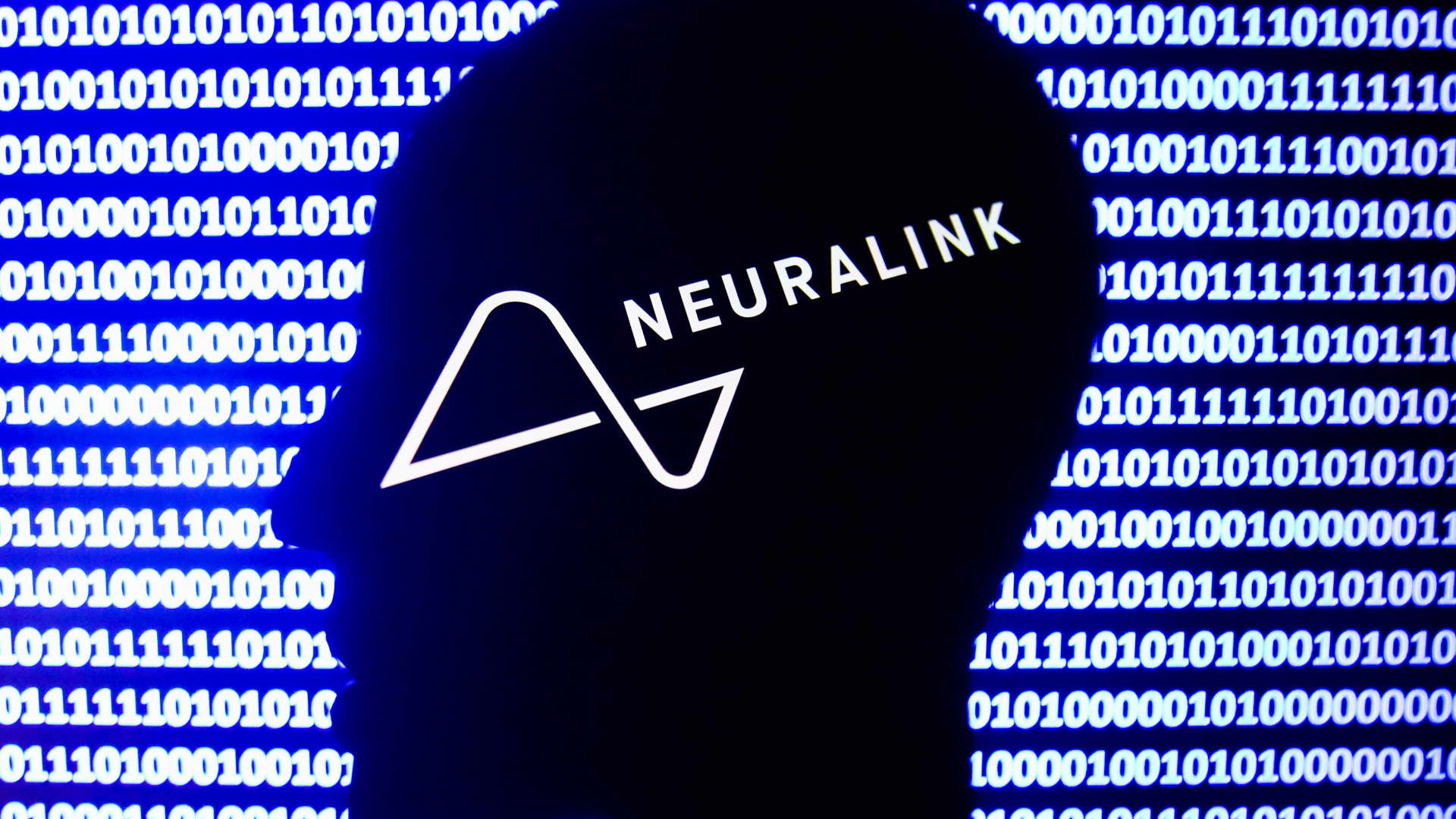Biotechnology startup Science, a competitor to Neuralink, revealed its new platform on Monday designed to streamline the development and production of medical devices for other companies.
Named Science Foundry, this platform grants access to over 80 tools and services from Science’s internal infrastructure, including its advanced thin-film electrode technologies.
According to Science Co-Founder and CEO Max Hodak, the high costs associated with developing medical devices often pose a significant barrier for early-stage startups.
Individual tools can range from $200,000 to $2 million, and setting up a manufacturing line can easily exceed hundreds of millions.
Hodak emphasized that Science Foundry aims to alleviate these barriers, stating, “Hopefully, we bring down the barriers to innovation.
There’s a bunch of smart people out there that have a bunch of different ideas than the ones that we have, and we would like to enable them.”
Science operates within the expanding field of brain-computer interfaces (BCI), where systems decode brain signals into commands for external technologies.
While Neuralink, backed by Elon Musk, remains prominent, Hodak’s focus at Science diverges.

At Neuralink, where Hodak previously served as president before leaving in 2021, efforts concentrated on implantable BCIs directly interfacing with the brain.
In contrast, Science’s flagship BCI, the Science Eye, targets patients with severe blindness using a non-invasive approach.
The Science Eye employs a flexible micro-LED array implanted over the retina, stimulating light-sensitive cells via optogenetic gene therapy.
Linked to specialized glasses with sensors and cameras, the system transmits visual data to the optic nerve, intending to restore visual input.
Hodak anticipates advancing from initial grayscale vision to eventually replicating high-resolution color vision. Science has conducted trials with rabbits and plans to progress to human trials as early as next year.
Beyond its own innovations, Science Foundry aims to support other companies pursuing ambitious neurotechnology and medical technology projects, including those in quantum computing.
Hodak noted that while the platform’s costs align with those of academic facilities, it offers advantages such as the ability to test devices on patients and commercialize products more readily.
Hodak believes Science Foundry will not only benefit individual companies but also foster broader industry growth.
He remarked, “This enables us to afford larger-scale and more capabilities that then we can use to enable the community and ourselves even further.”
